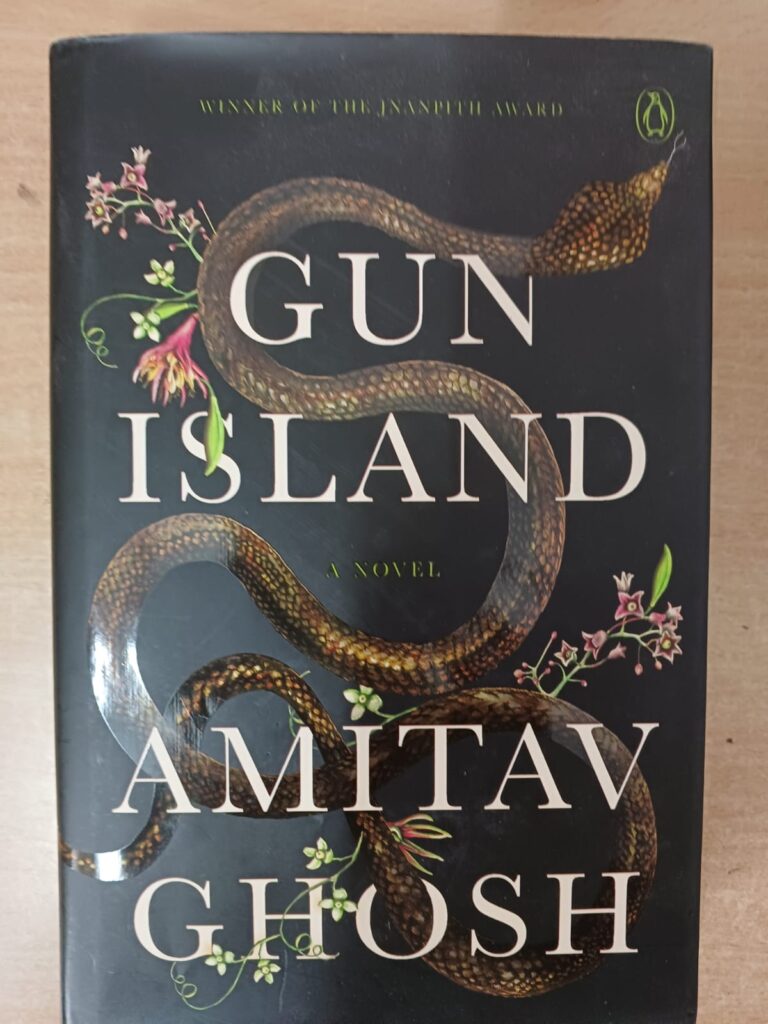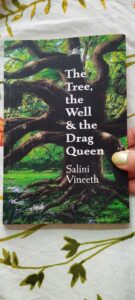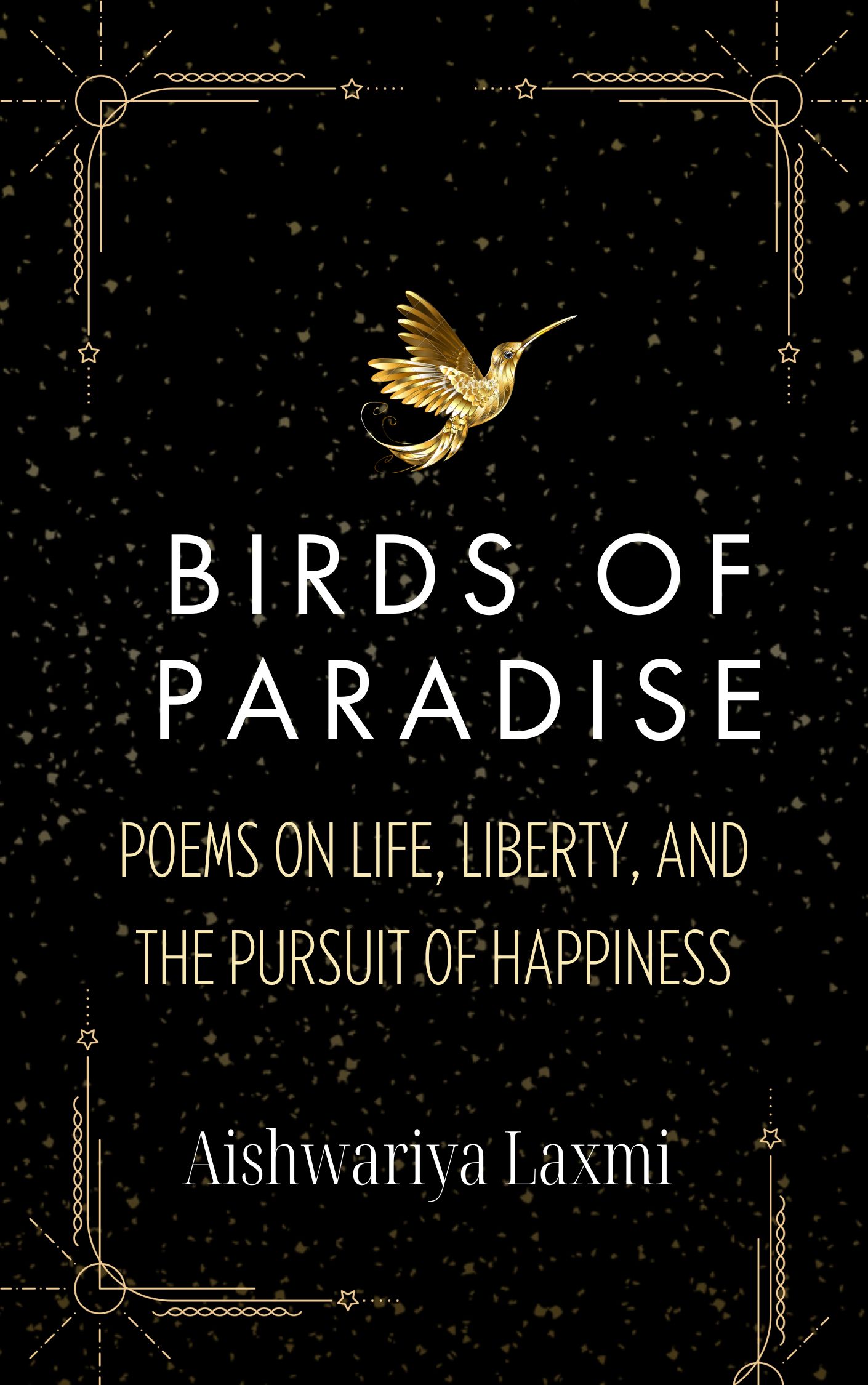Reviewed by K.S.Loganathan
Amitav Ghosh is one of India’s best known writers with fifty works to his credit. Gun Island is a modern simulacrum of a medieval Bengali myth retold by the master story teller. Akin to that of Homer’s ‘Odyssey’, in Bengali folklore , Bonduki Sadagar the gun merchant is fated to travel the world fleeing from the goddess of snakes, Manasa Devi. Unlike Odysseus however, the gun merchant does not return to his family and patrimony, and his escapology has a fragile resolution to it.
In this novel, Amitav Ghosh returns to the setting of Sundarbans so vividly portrayed in “The Hungry Tide”(2004) with its protagonists, Piyali Roy, the ‘ stubbornly’ American Indian cetologist, and her aunt Nilima Bose. They persuade Deen, a rarebooks dealer of East Bengali origin now settled in Brooklyn , but at the start of the novel wintering in Kolkata, to visit the shrine of Manasa Devi in the Sunderbans .Thus begins his Odyssey, which takes him from the mangrove swamps of that immense tide country, which is an archipelago of islands interspersed between the sea and the plains of Bengal, through a Los Angeles benighted by forest fires, to a Venice gradually sinking in the soft mud of the lagoons. Along the way, he meets an Italian professor and Venetian historian and a number of Bengali migrants trying to get to Europe.

Human and animal migration through the ages is the central theme of the book , which blurs fiction , mythology, and persecution to develop a non-anthropocentric and planetary consciousness world view ,while recognising the global effects of climate change wrought by human activity. The causes and process of migration are well described. The different characters add scientific, historical, and cultural interpretations to the problem of displacement caused by climate change, which is not restricted to humans.
In “The Great Derangement “(2016), Ghosh says, ‘ the freakish weather elements of today, despite their radically nonhuman nature, are nonetheless animated by cumulative human actions…They are the mysterious work of our own hands returning to haunt us in unthinkable shapes and forms’. The refugee influx into the western world upends the forces of colonialism ,which sought to repopulate the other continents to the advantage of Europe.
The gun merchant’s travels were in another era when unaccustomed forces were churning the earth. Ghosh interweaves the tale of the medieval sailor with the life stories of the 21st century characters who are fleeing from penury and dangers to their lives . It is a surreal novel at the end of which Deen realises that ‘ the possibility of our deliverance lies not in the future but in the past, in a mystery beyond memory.’











